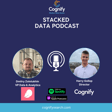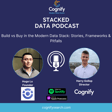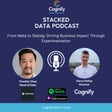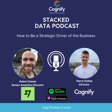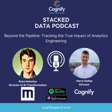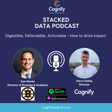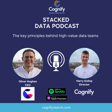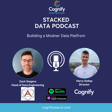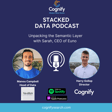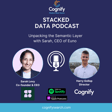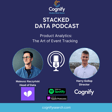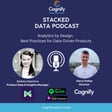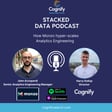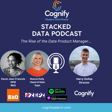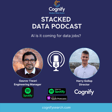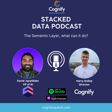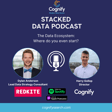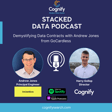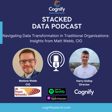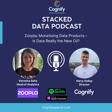
007 - Unblocking Data: Scaling DataOps with Simone from Phoenix Group
This week on The Stacked Data Podcast, I had the pleasure of hosting Simone Spinalbelli from Phoenix Group.
Simone, the Head of Analytics Engineering, shared invaluable insights into implementing DataOps, taking us beyond the standard definitions. He delved into a real narrative on how Phoenix Group successfully implemented a DataOps strategy, unblocking vast and diverse data, effectively processing, analyzing, and leveraging it for business insights and decisions to drive them forward.
Simone’s key integrations in their data environment include:
🚀 Agile Working: Going beyond the familiar Agile methodology, Simone emphasized the significance of focusing on people and interactions over rigid processes. Continuous collaboration with end-users remains a priority, fostering an adaptive and responsive work culture.
🔧 DevOps Integration: By embracing DevOps tooling and software engineering practices, Phoenix Group unlocked critical functionalities such as CI/CD pipelines, version control, and robust testing mechanisms.
🛠️ Pipelines and Control Gates: Developing pipelines with controlled gates and integrated tests ensures the validation of business logic and a smooth flow of data throughout the process.
DataOps, as Simone highlighted, is not just a methodology but a proactive approach that enables a shift from reactive practices. It provides a secure and structured framework for the entire data team, allowing accelerated and more efficient work processes.
